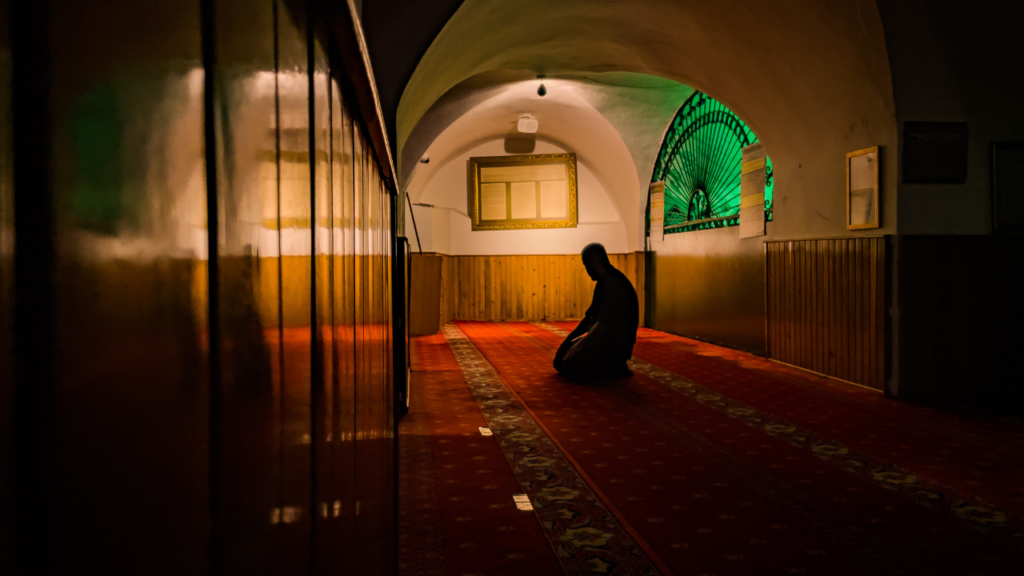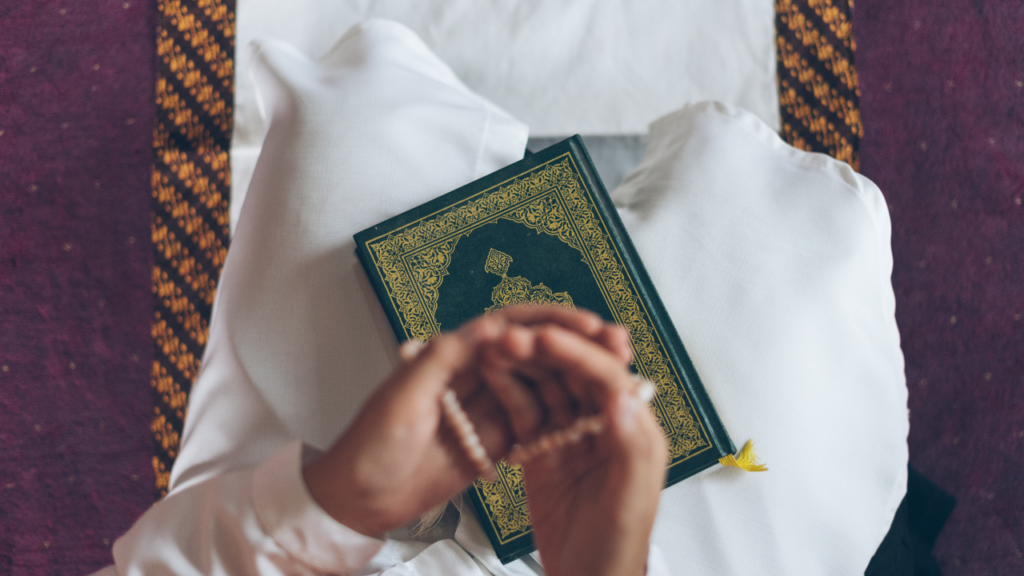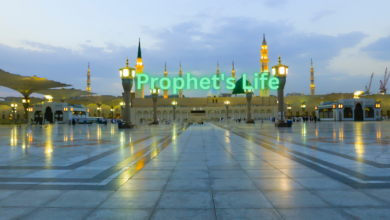
What is Wudu in Islam?
Wudu is a ritual purification process in Islam, involving the cleansing of specific body parts using water. It is performed by Muslims before engaging in acts of worship, such as prayers, recitation of the Quran, and entering a mosque.

Introduction
In Islam, cleanliness holds significant importance, not only in a physical sense but also in a spiritual context. One of the essential rituals that exemplify this concept is “Wudu” (also spelled as “Wudhu” or “Ablution”). Wudu is a purification ritual that Muslims perform to cleanse themselves spiritually and physically before engaging in acts of worship. This article will delve into the meaning, significance, and the steps involved in performing Wudu in Islam.
The Meaning of Wudu
Wudu, derived from the Arabic root word “w-dh-y,” means “to make something clean or pure.” In the context of Islamic practice, Wudu refers to the act of purifying oneself through specific actions and intentions. It is an essential prerequisite for various acts of worship, including daily prayers (Salat), the recitation of the Quran, and entering a mosque.
Also check.
- What is Jihad in Islam?
- Why did Islam Spread So Quickly?
- Why Does Allah Test Us?
- What is Gambling in Islam?
- Who is Dajjal in Islam?
Significance of Wudu
- Spiritual Purification: Wudu is not just a physical cleansing ritual; it is also a means of achieving spiritual purification. By performing Wudu, Muslims symbolize their intention to approach Allah with a pure heart and a clear mind. It helps individuals rid themselves of distractions and focus on their worship.
- Preparation for Prayer: One of the primary purposes of Wudu is to prepare a Muslim for their daily prayers. It is considered invalid to perform Salah (prayer) without first having completed Wudu. Cleanliness, both physically and spiritually, is seen as a way to attain a higher state of consciousness during prayer.
- Symbol of Submission: Wudu is a symbol of submission to Allah’s commandments. Muslims believe that following the steps of Wudu as outlined in the Quran and Hadith (Prophet Muhammad’s teachings) demonstrates their obedience to Allah’s will and serves as a reminder of their faith.
Steps of Wudu
The process of performing Wudu consists of specific steps, each with its own significance:
- Intention (Niyyah): Before starting Wudu, a Muslim must have a sincere intention to purify themselves for worship. This intention is made silently within one’s heart and mind.
- Recitation of Bismillah: The recitation of “Bismillah” (In the name of Allah, the Most Gracious, the Most Merciful) is essential at the beginning of Wudu, emphasizing that this purification is an act of devotion to Allah.
- Washing Hands: The first step involves washing both hands, including the wrists, three times. This symbolizes the removal of impurities from the hands and signifies the importance of cleanliness.
- Mouth and Nose: The mouth and nose are rinsed three times using water, ensuring that impurities are expelled. This step also serves as a reminder to guard one’s speech and thoughts.
- Face: The face is washed three times, from the hairline to the chin and from ear to ear, signifying the cleansing of one’s intentions and actions.
- Arms: Both arms, up to and including the elbows, are washed three times, signifying the submission of one’s physical strength to Allah.
- Wiping Over the Head: A small amount of water is wiped over the head with wet hands to symbolize the purification of thoughts and intellect.
- Feet: Finally, both feet, including the ankles, are washed three times, signifying the cleansing of one’s path and actions in life.
Conclusion
Wudu is a fundamental practice in Islam, embodying the concept of physical and spiritual cleanliness. It is not merely a ritualistic act but a profound expression of devotion and submission to Allah. By performing Wudu, Muslims prepare themselves for acts of worship and strive for a state of purity in both body and soul. Through these steps, believers reaffirm their commitment to the principles of Islam, emphasizing the importance of inner and outer purity in their faith.

FAQs
What is Wudu in Islam?
Wudu is a ritual purification process in Islam, involving the cleansing of specific body parts using water. It is performed by Muslims before engaging in acts of worship, such as prayers, recitation of the Quran, and entering a mosque.
Why is Wudu important in Islam?
Wudu is essential as it signifies both physical and spiritual cleanliness. It prepares a Muslim for prayer and acts as a symbol of submission to Allah’s commandments.
What is the significance of intention (Niyyah) in Wudu?
The intention (Niyyah) in Wudu is a crucial step where a Muslim makes a sincere inner commitment to purify themselves for worship. It reflects the purity of one’s intention and devotion to Allah.
Why do Muslims recite “Bismillah” during Wudu?
Muslims recite “Bismillah” (In the name of Allah, the Most Gracious, the Most Merciful) at the beginning of Wudu to emphasize that this purification is an act of devotion to Allah and to seek His blessings.
What are the specific body parts washed during Wudu?
During Wudu, a Muslim washes the hands, mouth, nose, face, arms (up to and including the elbows), wipes over the head, and washes the feet (up to and including the ankles).
Why is the sequence of body parts important in Wudu?
The sequence of body parts in Wudu follows a specific order as outlined in Islamic tradition. It symbolizes the gradual purification of the physical self and serves as a reminder of spiritual progression.
Can Wudu be performed using alternatives to water?
While water is the preferred method for Wudu, if it is not available, Muslims can perform a dry ablution (Tayammum) using clean earth or sand, following specific guidelines.
Is Wudu mandatory before every prayer?
Yes, Wudu is obligatory before each of the five daily prayers in Islam. It is also recommended before other acts of worship and entering a mosque.
What is the difference between Wudu and Ghusl (ritual bath)?
Wudu is a partial purification ritual, cleansing specific body parts. Ghusl, on the other hand, is a full-body ritual bath performed after specific impure conditions, such as sexual relations, menstruation, or post-childbirth.




